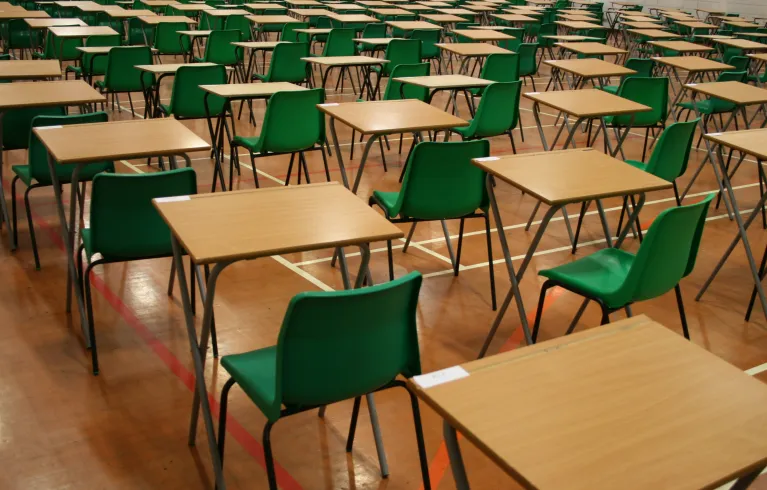
Key information
Publication type: General
Publication date:
Contents
3 sections
Key Facts
- In 2016/17 there were 980 permanent exclusions and 37,790 fixed term exclusions, compared with 780 and 34,965 in 2013/14.
- Only 1% of excluded pupils get the five ‘good’ GCSEs they need to access the workforce.
- Excluded children are four times more likely to have grown up in poverty, seven times more likely to have a special educational need and 10 times more likely to suffer recognised mental health problems.
- Black and Gypsy / Roma children are consistently overrepresented in exclusion figures, as are those eligible for Free School Meals, pupils with special educational needs and Looked After Children.
Key Findings
- The rise in exclusions is partly due to difficulties schools have in dealing with pupils with increasingly complex needs
- Certain demographics of pupils are disproportionally excluded suggesting schools are either failing to support some learners or discipline techniques inadvertently discriminate against some pupils.
- There is growing concern about ‘off-rolling’ – underachieving pupils being excluded to relieve financial pressure or boost school performance rate.
Recommendations to the Mayor
- Provide help to prevent unnecessary exclusions
- Review the supply of centres that specialises in supporting those at risk of exclusion
- Actively monitor and challenge hidden exclusions
Back to table of contents
Related documents
Preventing Secondary School Exclusions report
Chair's letter to the Mayor on preventing secondary school exclusions